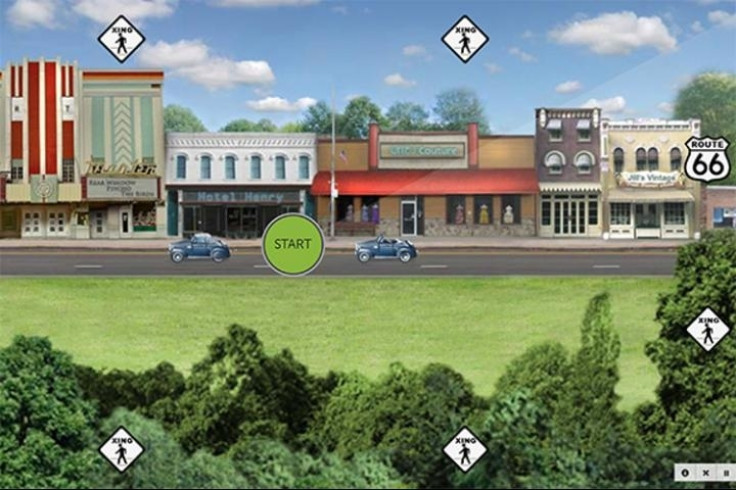Brain training game can 'reduce dementia risk' say scientists in controversial claim
The researchers say that the program reduces the risk of developing dementia by 29%.

A simple brain-training program was responsible for reducing the risk of developing dementia among older adults in a 10-year study, according to researchers.
If the claims can be replicated, than the intervention would be the first to successfully reduce dementia risk. However, other scientists have questioned some of the study's conclusions.
The program involves a game which presents participants with a street scene. Two objects appear simultaneously – a car or a truck for example – with the goal being to identify both. One of the objects appears in the middle of the screen while another enters near the edges.
Each correct answer causes two more objects to appear at progressively greater speeds, while the targets also become more similar in appearance. In addition, as the game gets harder, the targets on the edge of the screen become obscured by other distracting objects.
This type of brain training is known as 'speed of processing training' or 'useful field of view (UFOV) training'.
"Speed of processing training resulted in decreased risk of dementia across the 10-year period of, on average, 29 percent as compared to the control," said Jerri Edwards, lead author from the University of South Florida. "When we examined the dose-response, we found that those who trained more received more protective benefit."
They stress however, that the game cannot be used as a treatment for dementia, and should only be seen as a preventative measure.
For the study – which was funded by the US National Institutes of Health – researchers followed 2,802 healthy older adults for 10 years. Participants – whose average age ranged between 74 and 84 – were split into different groups.
A control group received no treatment, while another received the speed of processing training, which consisted of ten 65 minute sessions spread across six weeks. Some participants received additional training 11 and 35 months later. Over the course of the study, participants underwent cognitive tests.
The researchers found that the group which received the brain training showed a 29% lower risk of developing dementia. The results of the study are published in the journal Alzheimer's & Dementia: Translational Research & Clinical Interventions.
However, some scientists argue that there are limitations to the research.
"This study hints that a particular type of brain training may help people to ward off dementia, but due to limitations of the research, we can't confidently conclude this," said Doug Brown, Director of Research from the Alzheimer's Society. "As it relied on self-reporting of dementia in many cases rather than a robust clinical diagnosis, the results should be interpreted with caution."
Rob Howard, a Professor of Old Age Psychiatry at University College London added: "I find it implausible that such a brief intervention could have this effect." However, he does note that certain brain training programs have been shown to be effective in improving narrow areas of cognitive functioning.





